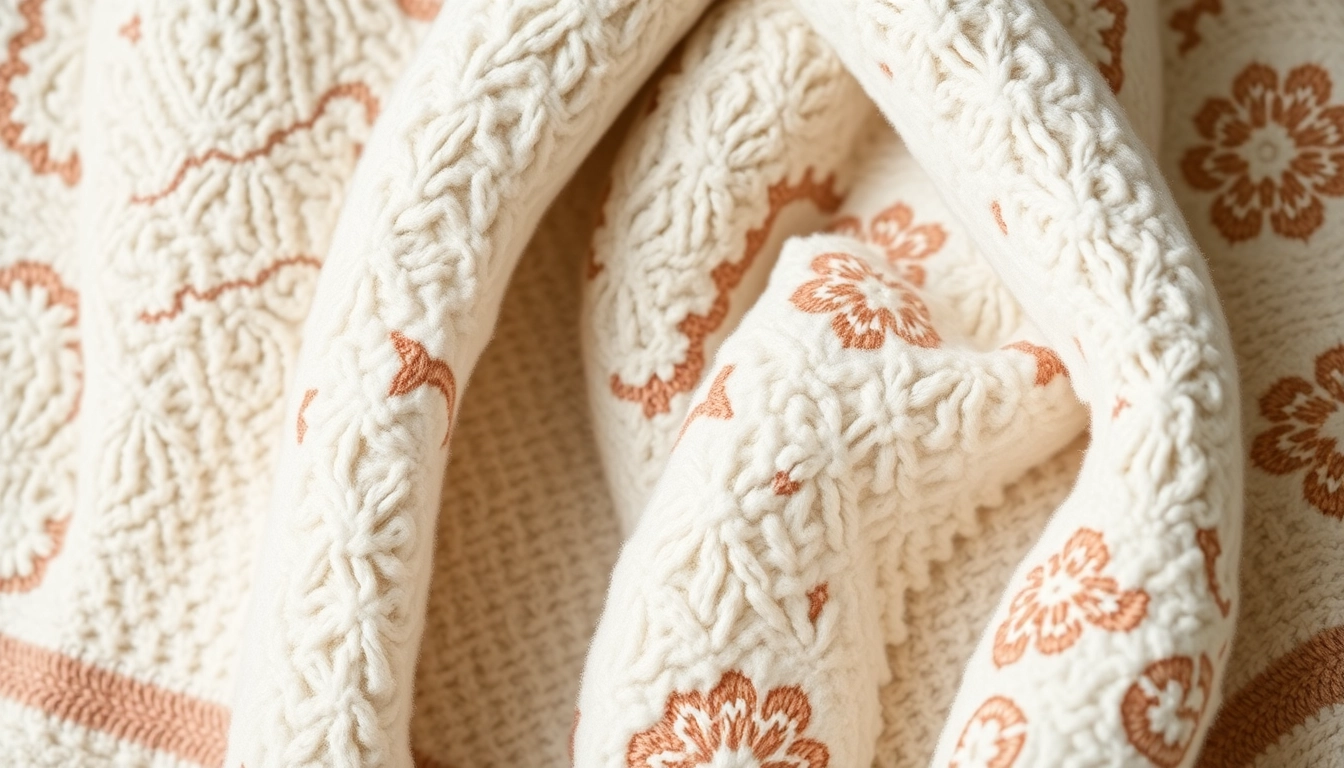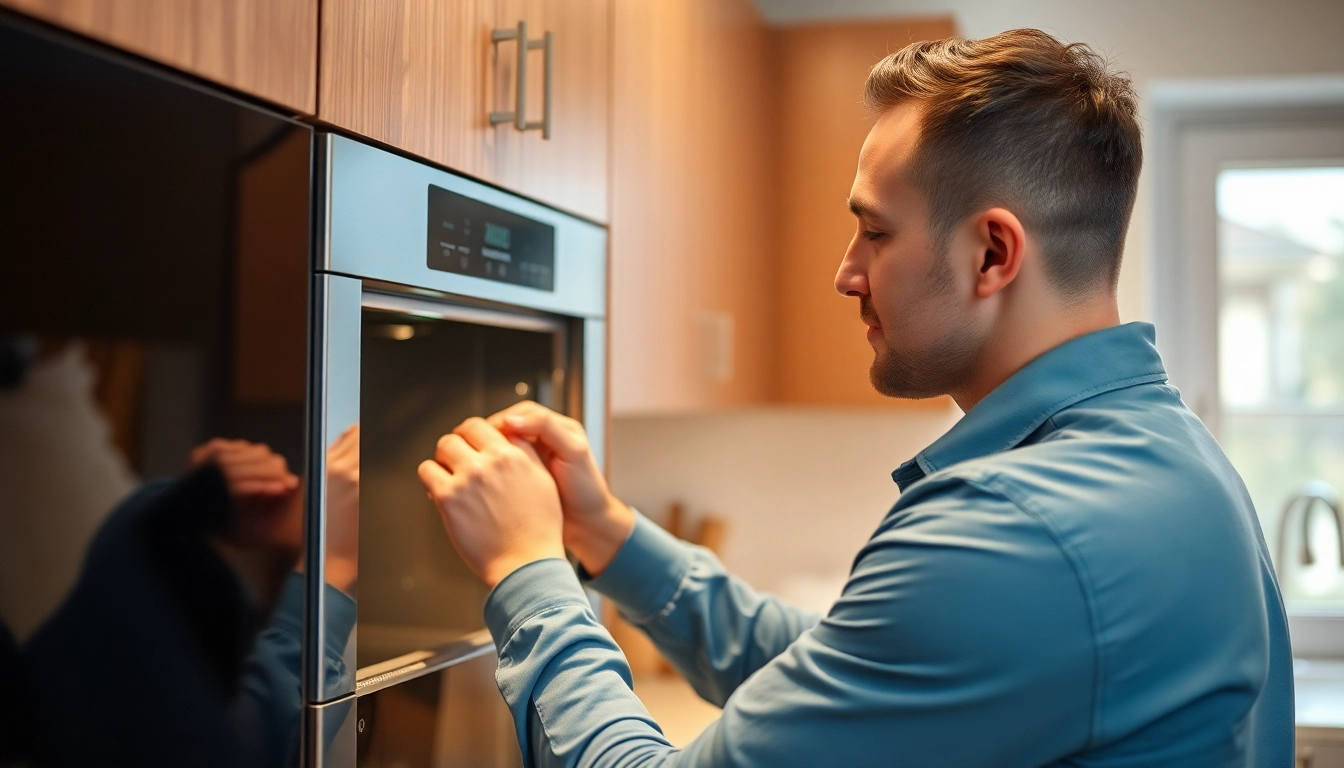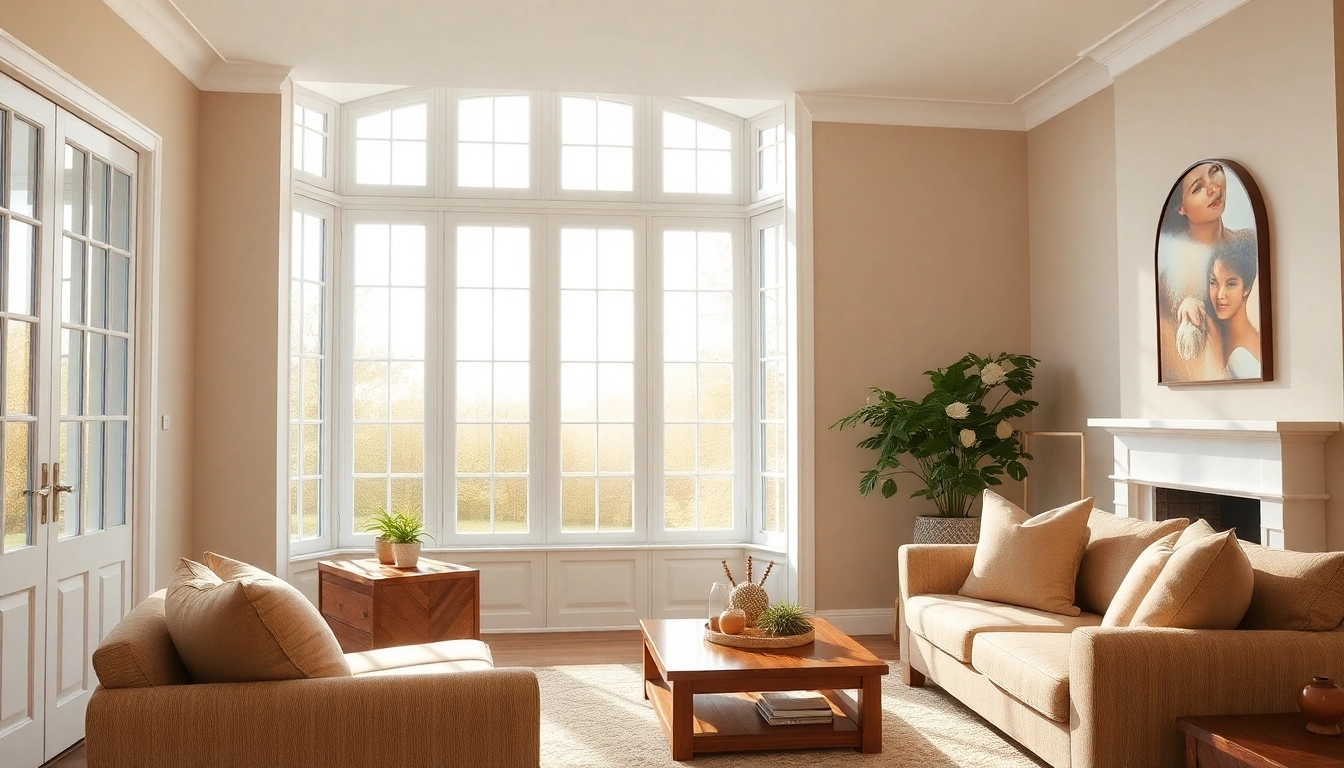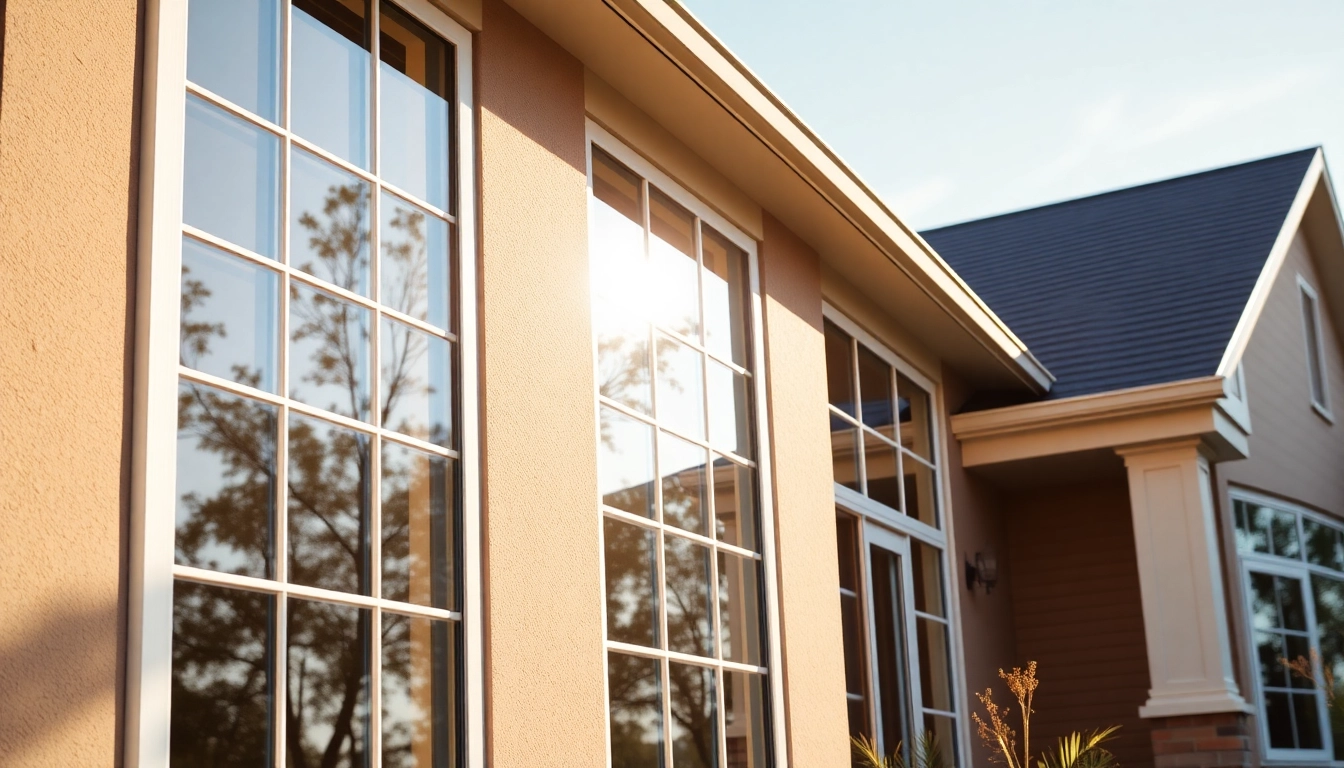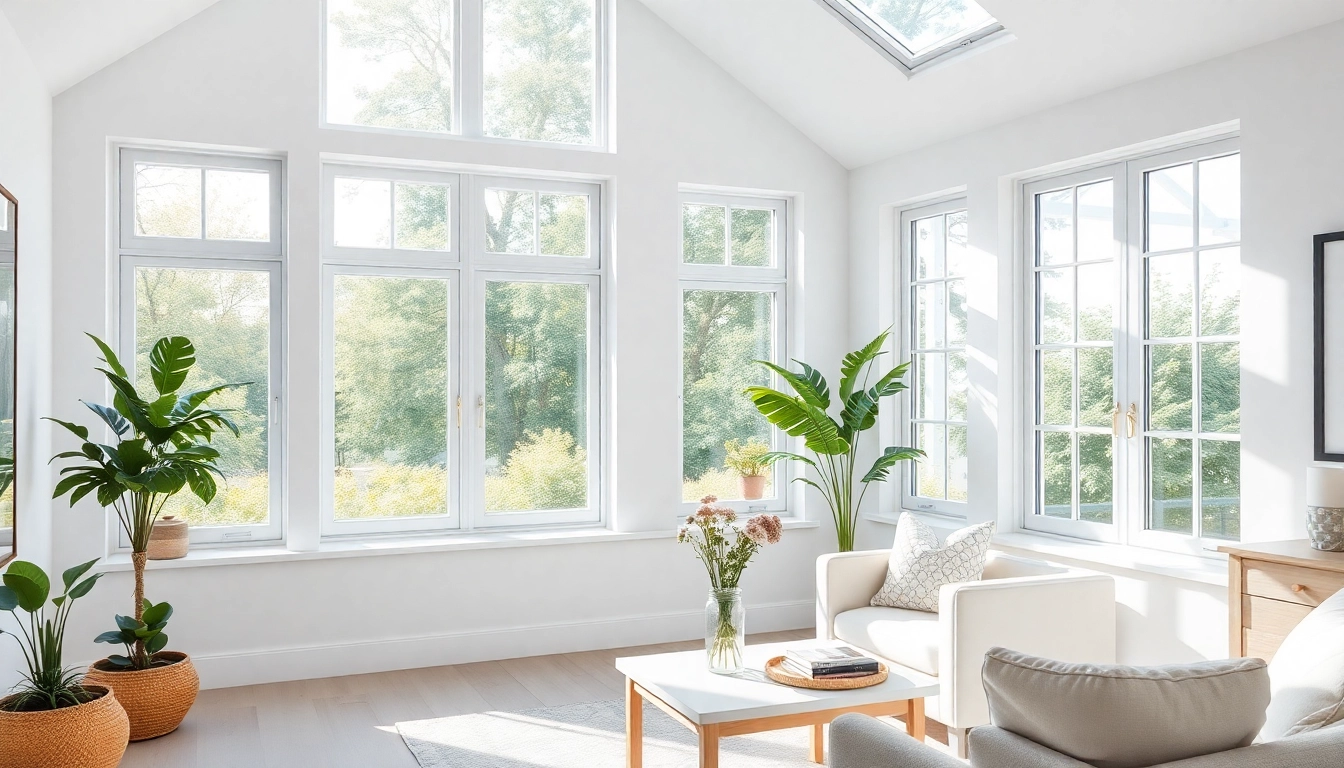Understanding the Role of a Towels Manufacturer in Europe
The European textile industry boasts a rich history of craftsmanship, innovation, and sustainability, particularly in the production of high-quality towels. As global demand for premium bathroom textiles continues to rise, the role of a Towels manufacturer in Europe extends beyond mere production. They serve as pivotal partners in establishing brand identity, meeting stringent quality standards, and incorporating eco-friendly practices that appeal to environmentally conscious consumers. European towel manufacturers are recognized not only for their meticulous craftsmanship but also for their adherence to sustainability standards, technological innovation, and ability to meet extensive customization needs. Understanding their ecosystem is crucial for businesses aiming to position themselves as leaders in the hospitality, retail, or luxury sectors.
Market Overview and Industry Trends
The European towel manufacturing sector is characterized by a diverse landscape of small artisan workshops, mid-sized enterprises, and large-scale industrial producers. This ecosystem caters to a broad range of clients, from boutique hotels to global retail brands. According to recent industry data, the market is experiencing growth driven by increasing consumer demand for sustainable and luxury textiles. The shift towards organic, natural fibers—such as organic cotton, linen, and recycled materials—reflects a broader European commitment to environmental responsibility. Additionally, the industry is reflecting global shifts in design, with a rising preference for minimalist, eco-friendly, and technologically enhanced textiles.
Notably, companies like Kapatex s.r.o. and iconic Italian manufacturers such as Almatex have set benchmarks in quality and innovation. Furthermore, wholesale suppliers like Oasis Towels meet bulk demands while maintaining high standards, illustrating the sector’s capacity for scalability and customization.
Key Qualities of Leading European Towel Manufacturers
Leading European towels manufacturers share several core qualities:
- Superior Material Quality: Most manufacturers utilize premium natural fibers such as Egyptian, Turkish, or organic cotton, ensuring durability and softness.
- Advanced Manufacturing Techniques: Incorporating modern weaving and finishing technologies enhances product performance, such as quick-dry, ultra-softness, and high absorbency.
- Sustainable Practices: Emphasis on eco-friendly dyeing, water-saving production, and waste reduction is prevalent among top-tier firms.
- Customization Capabilities: From embroidery to brand-specific designs, leading institutions offer bespoke options aligning with branding strategies.
- Compliance and Certifications: Certifications like OEKO-TEX, GOTS, and ISO standards testify to products’ safety and eco-friendliness, gaining trust in international markets.
Manufacturers such as HNB Europe exemplify these qualities, providing excellence across multiple client segments.
How European Manufacturers Stand Out in Quality and Sustainability
Europe’s towel makers distinguish themselves primarily through rigorous quality standards and a deep commitment to sustainability. Countries like Portugal, Italy, and Sweden have cultivated a reputation for eco-conscious production, driven by consumer demand and regulatory frameworks.
For instance, Portuguese manufacturers such as Torres Novas have a long history of producing luxury bath textiles with a focus on sustainability since 1845. Their production processes often involve organic and GOTS-certified materials, ensuring environmentally friendly operations.
Similarly, Scandinavian manufacturers like Ekelund leverage 100% organic linen and cotton, weaving intricate patterns that appeal to upscale markets while minimizing environmental impact.
By adhering to strict European standards for water and energy consumption, waste management, and chemical use, these manufacturers provide brands with a competitive edge—meeting the growing consumer preference for ethical and eco-friendly products.
Choosing the Right Towels Manufacturer in Europe for Your Business
Factors to Consider: Quality, Price, and Lead Times
Selecting an appropriate manufacturer requires a balanced evaluation of several critical factors. First, quality must be non-negotiable—assessing material authenticity, weave density, and finishing techniques. It’s advisable to request samples, review certifications, and analyze durability through testing.
Price competitiveness is essential for maintaining profit margins, but it should not compromise quality. Transparent pricing structures, including MOQ (minimum order quantities), are indicators of a reputable partner.
Lead times can significantly impact your inventory management and sales cycles. Leading European manufacturers typically offer flexible scheduling, with some capable of fulfilling urgent orders or providing Just-in-Time deliveries. Establish clear communication channels to prevent delays and manage expectations effectively.
Customization Options and Branding Capabilities
The ability to customize towels is a vital aspect, especially for branding and marketing. European manufacturers excel in providing comprehensive customization, including embroidery, printing, towel sizing, edging, and packaging. Some companies even offer innovative technologies like digital printing and eco-friendly dyes that align with branding objectives.
For example, custom embroidered logos on towels elevate brand visibility in hospitality or retail settings, creating a memorable customer experience. Manufacturers such as Bursali Towels offer bulk customization services for hotels, spas, and promotional campaigns.
Certifications and Compliance Standards in Europe
Certifications are proof of adherence to safety, environmental, and social standards. Top European towel producers prioritize obtaining certifications like OEKO-TEX Standard 100, GOTS (Global Organic Textile Standard), and ISO 14001. These ensure products are free from harmful chemicals, produced sustainably, and meet international environmental management standards.
When selecting a manufacturer, verify their certification credentials, audit reports, and compliance documentation. This due diligence safeguards your brand’s reputation and aligns your supply chain with sustainability commitments.
Innovations and Trends in European Towel Manufacturing
Sustainable Materials and Eco-Friendly Production
Sustainability remains the primary driver shaping European towel manufacturing. Advancements include the adoption of organic cotton, recycled fibers, and biodegradable dyes. For instance, companies like Ekelund utilize organic linen, reducing chemical use and water footprint.
Water-efficient dyeing techniques such as cold pad batch and digital printing are increasingly standard. Waste reduction initiatives, closed-loop water systems, and renewable energy integration demonstrate a commitment to eco-responsibility.
Smart Textiles and Technological Advances
The integration of smart textiles offers new possibilities, such as antimicrobial finishes, moisture-wicking properties, and temperature regulation. These innovations cater to healthcare, sports, and luxury markets seeking high-performance towels.
European manufacturers are investing in nanotechnology and advanced weaving machinery to develop such cutting-edge products, setting industry standards for innovation.
Design Trends and Customer Preferences
Minimalist Scandinavian aesthetics, vibrant patterns from Italian designers, and sustainable natural hues characterize current design trends. Customization alongside eco-consciousness ensures brands resonate with modern consumers seeking authenticity and style.
How to Collaborate Effectively with a European Towel Manufacturer
Building Strong Partnerships and Communication
Successful collaboration hinges on transparent communication. Establish clear lines for feedback, specifications, and expectations from the outset. Regular visits, virtual meetings, and shared project management tools foster trust and alignment.
Order Management and Quality Control
Implementing rigorous quality control protocols is essential—this includes pre-production samples, in-line inspections, and final audits. Building long-term relationships with reliable manufacturers can lead to improved lead times and preferential treatment.
Scaling Production and Long-Term Sustainability
As demand grows, scaling requires careful planning. European manufacturers often provide scalable solutions, leveraging automation without compromising craftsmanship. Incorporating sustainability into scaling strategies ensures ongoing compliance and market differentiation.
Case Studies: Successful European Towel Manufacturers and Brands
Examples of Top-Performing Manufacturers
Companies like Kapatex and Almatex have proven their ability to deliver luxurious, sustainable towels tailored to premium markets. Their focus on innovation, quality, and flexibility makes them ideal partners for brands seeking bespoke textiles.
Customer Testimonials and Provider Differentiators
Clients often highlight European manufacturers’ commitment to eco-friendly practices and high customization standards. Testimonials emphasize timely delivery, superior quality, and ongoing support, making these partnerships mutually beneficial.
Innovative Projects and Custom Solutions
Leading brands have collaborated with manufacturers like Oasis Towels to develop signature collections featuring specific textures, sizes, and branding elements, demonstrating the capacity for innovation within the European towel industry.
